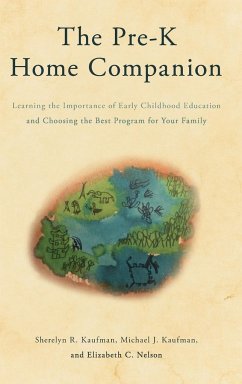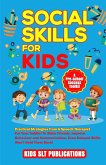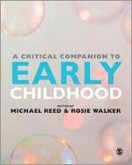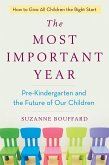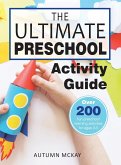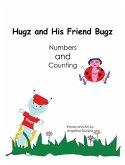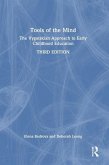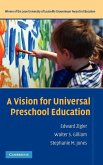This book is a one-stop resource for parents and families facing decisions about how to provide their children the best educational experiences before kindergarten. We know that early childhood learning experiences have a dramatic impact on the success and well-being of children, the community, and the country. Children who have positive early childhood experiences develop cognitive and socio-emotional abilities that lead to positive school performance, income, family stability, and health, in turn producing particularly robust educational, social, and economic benefits for your community and our country. This companion offers background on why early childhood education is important in your child's life. It provides an overview of current research about how young children learn. It suggests questions you may ask potential service providers about a program's policies and practices. It empowers you to make the critically important decision about the best learning environment for your child. A companion makes a journey more enriching, while providing support and perspective. We hope that this book will be helpful to parents and families as they make vital decisions about the welfare of their children, and their community.
Hinweis: Dieser Artikel kann nur an eine deutsche Lieferadresse ausgeliefert werden.
Hinweis: Dieser Artikel kann nur an eine deutsche Lieferadresse ausgeliefert werden.

